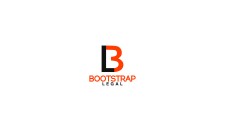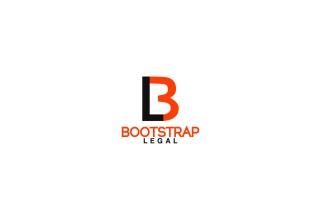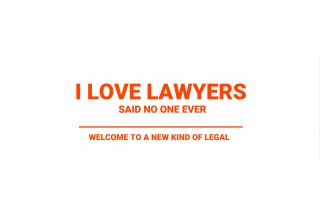From Federal Employee to Startup Founder: How One Lawyer is Making Real Estate Investing Safer

Los Angeles, California, August 14, 2017 (Newswire.com) - Under Embargo until August 14, 2017 at 9:00 am
Last year, attorney Amy Wan, received a call from a real estate developer client who was trying to raise $300,000 from investors to acquire an investment property. When he asked how much the legal services would be, she gave him a flat fee of $10,000. “I remember that he was silent on the phone for a few seconds and I could tell he was crunching the numbers in his head. Ultimately, we both knew he wasn’t going end up using an attorney for this deal because the transactional cost just didn’t make sense for such a small raise,” said Wan. When she talked to the same client a few months later, he told her that he ended up taking funds from investors without any legal documents. “That’s not ideal, but I understand why he did it. Taking investment dollars on a handshake agreement is risky for both the project sponsor and investor—if things go sideways or even if the two parties get into a personal dispute, everyone starts pointing fingers and that’s when long, expensive lawsuits happen. I couldn’t even imagine investing $10,000 of my hard-earned money without receiving some legal documents that clearly lay out what I get.”
"I want to democratize access to legal services and Bootstrap Legal is the realization of that vision"
Amy Wan, CEO
With the popularity of HGTV and real estate crowdfunding and low-interest rates, many people have been seeking greater returns with real estate investing. Yet, for relatively small projects with equity raises under a few million, sometimes project sponsors attempt to save on legal fees, opting instead to go without legal documents or attempting to use a template they found on Google--which often doesn’t suit their individual circumstances.
“I’ve seen things go bad—even when the deal goes sideways. Anything can happen—the real estate sponsor or one of the business partners could get sick or pass away, putting the project in jeopardy. Maybe they get in a personal dispute with an investor. Maybe they hire poor contractors, or someone accidentally dies on the property during construction. When these things happen and investors realize that they might lose their money, they start taking a good hard look at what they might get back. And when there are no documents (or poorly written documents) to reference, things tend to go south,” explains Wan.
While working as a Partner in Crowdfunding Lawyers, a boutique real estate securities law firm, Wan says she began to come face-to-face with the reality that clients doing small raises could not afford her services. “Two things drove me crazy. First, we were drafting client documents manually—even when I knew much of the work could be automated. This contributed to increased cost to the client, major delays in efficiency, and less accessibility of counsel to those working on smaller projects. Secondly, every day, I had entrepreneurs calling me asking for legal help in raising capital from people who I knew could not afford me. I wanted to help them, but quickly realized that I am just one person and that my efforts were not scalable.”
Wan ended up leaving her Partner position to start Bootstrap Legal, a legaltech company whose first product launched this week. The new product allows real estate sponsors to draft their own legal offering documents for real estate deals using artificial intelligence. Users answer a series of questions about their real estate project. Once complete, bespoke legal documents are delivered to the user’s email inbox within 48 hours after being reviewed by an attorney. This first-of-its-kind legal tech product both undercuts the legal fees associated with real estate capital raises and expedites the process.
Wan has had an unusual career for an attorney. Wan went to law school to be a human rights attorney but quickly found herself frustrated with the field. She worked in international trade policy in the federal government in Washington D.C. as a Presidential Management Fellow. When she moved back to LA in 2013, she began to blog about legaltech start-ups and founded the Legal Hackers LA meetup—a forum for lawyers and technologists to discuss the intersection of law and technology. She was named one of “Ten Women to Watch in LegalTech” by the American Bar Association Journal, and pivoted to a career in securities law when she became General Counsel of Patch of Land, a real estate crowdfunding startup. At Patch of Land, Wan works to help democratize investment opportunity. Now, she hopes to democratize access to counsel for small businesses.
“Laws are supposed to apply to everyone, so small business entrepreneurs shouldn’t have to operate in the dark just because lawyers have traditionally been inefficient. I want to democratize access to legal services and Bootstrap Legal is the realization of that vision,” says Wan.
Bootstrap Legal is a legaltech/fintech startup based in Los Angeles.
Press and Media Inquiries
Amy Wan
Chief Legal Hacker
Bootstrap Legal
P: +1-330-269-9260
E: press@bootstraplegal.com
Schedule a time to talk: calendly.com/amywan
Pictures and Collateral: Click here
Source: Bootstrap Legal, Inc.


